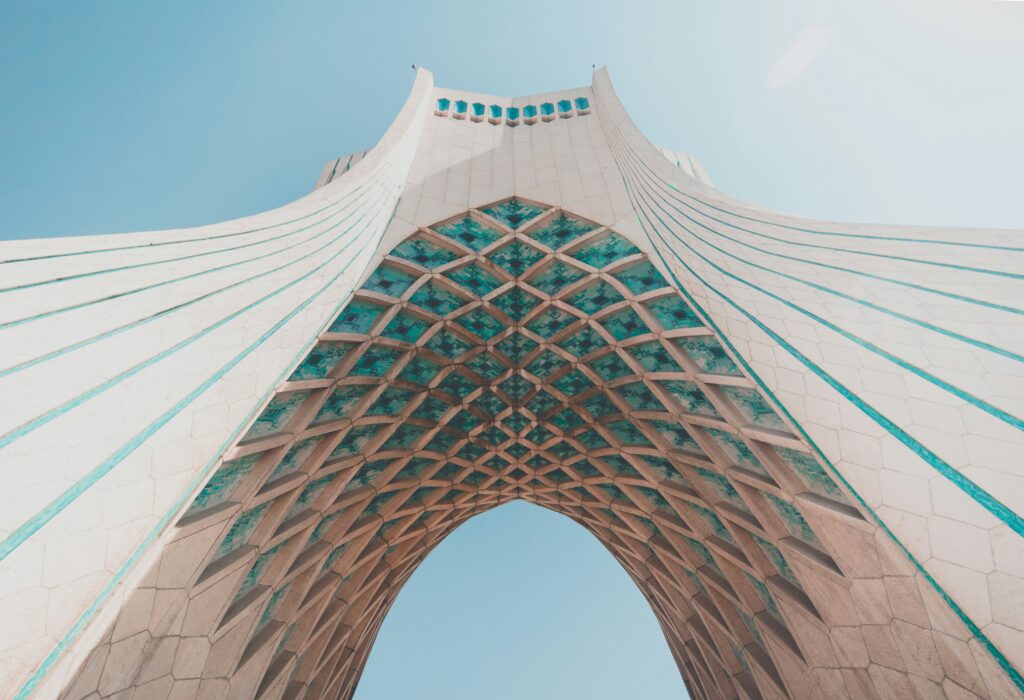The United States has imposed fresh sanctions ahead of the upcoming round of nuclear discussions with Iran. The State Department announced penalties on seven companies from Iran, Turkey, and the UAE involved in trading Iranian oil and petrochemical products. Two ships have also been added to the sanctions list.
This move is part of the ongoing efforts by President Donald Trump to economically isolate Tehran and prevent the country from developing nuclear weapons. The sanctions are a continuation of Trump’s “maximum pressure” strategy.
Fresh Nuclear Negotiations Set for Rome
US and Iranian officials are preparing for a new round of nuclear talks in Rome this Saturday. These discussions come after a previous round of talks failed to yield significant progress. The day before, Iran is set to meet with European powers—France, Germany, and the UK—who were key members of the 2015 nuclear deal.
Western countries have accused Iran of secretly pursuing nuclear weapons, which Tehran firmly denies. Since the US left the nuclear deal in 2018, Iran has gradually scaled back its commitments. France has warned that it could support renewed UN sanctions if the negotiations do not result in an agreement.
Trump Marks 100 Days in Office with Bold Promises
President Trump celebrated his first 100 days in office with a speech in Michigan. He praised his administration, calling it the most effective in US history. Trump also outlined his plans to introduce significant tax cuts, including removing taxes on tips, overtime wages, and Social Security contributions.
However, budget experts have raised concerns about the potential impact of these proposals on the national debt, which already stands at over $36 trillion. Despite these warnings, Trump maintained that his economic policies are revitalizing US industry and attracting foreign investment.
Trump Attacks Political Opponents and Institutions
Trump also used his speech to criticize political opponents, the judiciary, and what he referred to as “woke” ideology. He called Democrats “crazy” and “corrupt,” accused the courts of blocking his policies, and dismissed critical polls as inaccurate. In a lighthearted moment, he jokingly expressed interest in becoming the next Pope.
Trump Removes Key Biden Appointees from National Boards
In a controversial move, Trump removed several Biden appointees from prominent national boards, including Doug Emhoff, husband of former Vice President Kamala Harris, from the Holocaust Museum board. Emhoff criticized the decision, calling it a politicization of Holocaust remembrance.
Other removals included Ron Klain and Susan Rice, who previously held positions under Biden. Trump also announced his intention to become head of the Kennedy Center and to ban certain performances, including drag shows, which he labeled as “woke.”
China’s Economy Faces Struggles Amid US Trade Pressure
Economic indicators show that China’s economy is facing a downturn, with reports of weaker demand and fewer orders in the manufacturing sector. This comes amid rising tensions between the US and China over trade. While Trump claimed that trade talks are ongoing, China has denied any such discussions, releasing a video titled Never Kneel, portraying itself as a resilient global force against Western influence.
Trump Congratulates Canadian Leader Amid Tensions
Despite previously suggesting that Canada could become part of the United States, Trump called Canadian Prime Minister Mark Carney to congratulate him on his election victory. The two leaders reaffirmed their commitment to mutual respect for sovereignty and agreed to meet soon. Carney, however, has previously promised to oppose Trump’s political direction.
US Moves to Classify Haitian Gangs as Terror Groups
The Trump administration is preparing to officially classify several Haitian gangs as foreign terrorist organizations. According to the Associated Press, members of Congress have been notified of the proposed designation.
US Supports Israel’s Gaza Aid Policy at World Court
The United States has defended Israel’s restrictions on aid to Gaza at a hearing at the International Court of Justice in The Hague. A US representative argued that aid should not be allowed to reach terrorist groups like Hamas.
Israel, which declined to attend the hearing in person, submitted a written defense. Although the court’s opinion will not be legally binding, it could increase diplomatic pressure on Israel.
